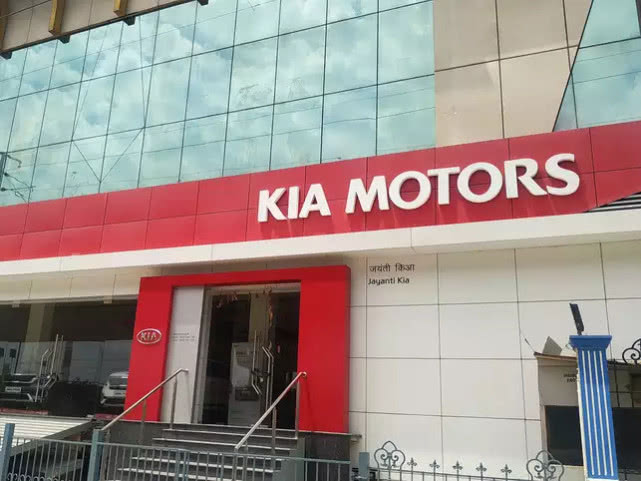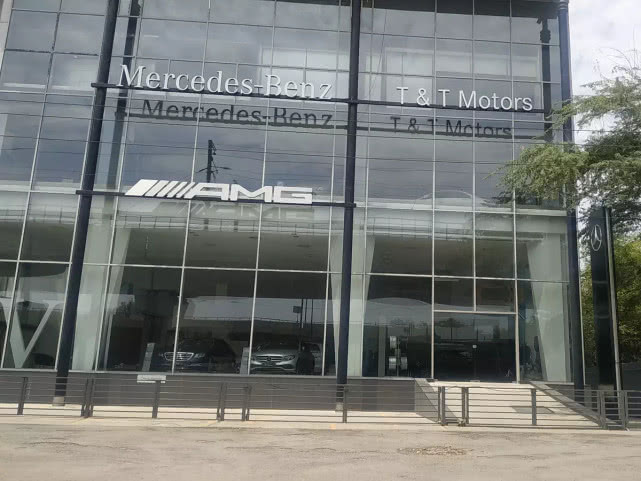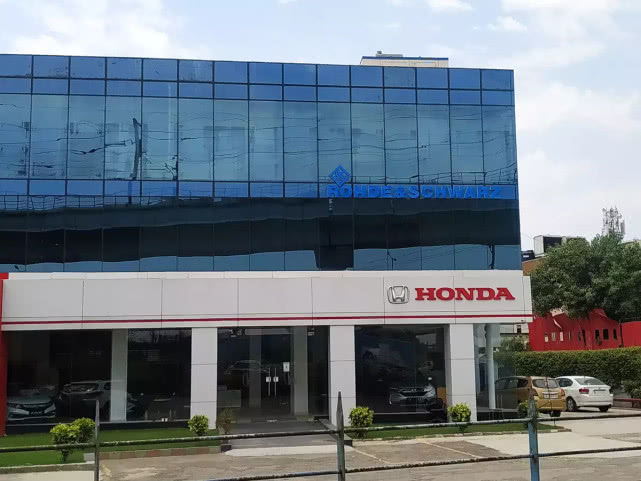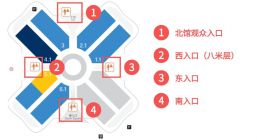
This April is worth watching, at least for India's car industry. It was the first month of zero sales in the history of the Indian car industry. This highlights the impact of the novel coronavirus outbreak and the nationwide lockdown on the struggling auto industry.
The far-reaching impact of the blockade on the car industry is so great that the association of Indian automobile manufacturers estimates that the industry is losing rs 23bn in daily turnover as a result of the blockade. The trade group expects India's car sales to fall sharply, possibly by as much as 35 per cent in some models. It is surpassing the 18% decline in fiscal year 2020, the report said.
After nearly two months of shuttering showrooms, car dealers now face a grim future. The outbreak comes at a time when India was preparing for a return to growth in car sales after a 15-month slump, according to the federation of Indian automobile retailers.
In recent times, more than 275 dealers have had to close as a result of the outbreak, and Ashish Harsharaj Kale, President of the federation of Indian automobile retailers, said the outbreak and the nationwide lockdown had hit the industry "at the worst of times."
Auto sales are all about discretionary income, which is the biggest Achilles heel, experts say. Kale said that because the auto industry has a "multiplier effect" on the economy as a whole, it is in the government's interest to take steps to boost demand for cars.
Going into "blockade 3.0" did not help
The government has acknowledged the need to boost economic growth, and has introduced a number of support measures along with the third phase of "blockade 3.0", but most believe that these measures have not brought substantial help to car dealers.
"I don't think there will be any improvement now because the biggest problem is the supply chain," said Chinmay Bafna, managing director of mumbai-based Anzen Automotive. "If it's just the factory side that gets back on track, you're not going to see any significant upturn unless the overall ecosystem improves."
It is not just the supply chain that is a cause for concern. Many fear that strict "licence checks" and bureaucracy are also now posing key obstacles to any possible economic recovery in the sector.

According to Garima Misra, general manager of the Landmark group, a car dealership chain, the third phase of "blockade 3.0" will do little to help the industry as a whole.
"Easing the blockade did not help us," she said. The home ministry's rules are good on paper, but in practice the permits are still in place." She added that the provinces did not fully follow the home ministry's guidelines.
Misra points out that with few showrooms and no manufacturers providing critical supplies, there is no point in opening a showroom and waiting for customers to show up. With "blockade 4.0" in place, that may slowly change.
The future remains uncertain
India's car dealership sector employs more than four million people across the country. The federation of Indian automobile retailers says there are 2.5m direct workers and 1.5m indirectly dependent on dealers for their livelihoods.
Kale notes that most car dealerships are small, family-run businesses that employ an average of 70 to 150 people. The association now fears that many in the sector will be driven out of the car industry as a result of the outbreak.
For these dealers, not only is it difficult now, but the future also seems uncertain. Selling cars online could become an accepted model, and maruti suzuki, hyundai motor, Honda and some luxury car makers have offered such options to their customers.
According to a survey by capgemini research, 70% of Indian car buyers prefer to buy their cars online rather than at a dealer. This figure shows the impact of the epidemic.
On the other hand, as social distancing norms become more common, many people may consider buying their own cars or two-wheelers. Many people don't think it's safe to use ride-hailing services like Ola and Uber, as well as public transportation.
There are also hopes that pent-up demand in the economy will help drive sales in the future. However, as the entire economy struggles with the impact of the outbreak, consumers may not have enough money or be reluctant to spend it on cars.
Landmark's Misra continues to stress that dealers have a nominal profit margin of 1.5-2%. "The two biggest expenses for car dealers are rent and wages," she says.
Wages and salaries account for nearly 40% of our total operating costs. What about these huge costs when sales are currently zero?" She adds that the car industry does not have the huge cash surpluses that other industries do.
"Although our business turnover is high, our cumulative profits are not as high as in other industries," she says. "What is happening in the auto industry is that if the Banks raise their lending rates a little bit, we're going to be in trouble." She added that the three-month loan extension offered by the government was extended rather than waived.
Even if dealers enjoy the delay, the federation of Indian automobile manufacturers does not expect its sales figures to magically multiply after three months.

The inventory of old emission standard vehicles is another key issue for Indian car dealers. Industry insiders worry that many dealers will go out of business if old cars with emission standards are not sold in time.
The issue has now become so serious that the federation of Indian automobile manufacturers has again applied to the Supreme Court to allow the sale and registration of old emission standard vehicles by May 31.
"The old emission standard vehicles that are sitting on the back of their inventories are still being repaid, and their dealers' houses and properties are being mortgaged," the association said. This is not their problem. Under the current circumstances, it is impossible for them to pay off their debts."
Is calling on the Indian government to waive interest rates on loans
To help Indian car dealers survive at this unprecedented time, the federation of Indian car manufacturers wants the government to waive interest rates on all types of loans from Banks and non-bank financial institutions during the lockdown. It also wants the government to extend the 4 per cent interest subsidy, working capital and loan claim subsidy for nine months after the closure period ends.
More importantly, it wants employees' wages to be paid through the employee national insurance company (ESIC) during the lockdown, because it believes this is a pandemic and therefore should be paid by the employee national insurance company.
The federation of Indian automobile manufacturers believes India's tax system is another area that will not significantly help the industry through the crisis.
"The car industry is weighed down by a very high consumption tax, with a net impact ranging from 29 per cent to 50 per cent, depending on the category of cars sold," Mr Kale said. So a temporary cut in the consumption tax would lower the cost of buying a car and be a good incentive to stimulate demand."
He wants the government to make the auto industry a priority for lending, making it easier for the industry to raise retail and wholesale funding. He also suggested that Banks and non-bank financial institutions cut lending rates by 3 to 4 percent, directly benefiting consumers and reducing the overall cost of owning a car.
AMS2024 Exhibition Guide | Comprehensive Exhibition Guide, Don't Miss the Exciting Events Online and Offline
Notice on Holding the Rui'an Promotion Conference for the 2025 China (Rui'an) International Automobile and Motorcycle Parts Exhibition
On September 5th, we invite you to join us at the Wenzhou Auto Parts Exhibition on a journey to trace the origin of the Auto Parts City, as per the invitation from the purchaser!
Hot Booking | AAPEX 2024- Professional Exhibition Channel for Entering the North American Auto Parts Market
The wind is just right, Qianchuan Hui! Looking forward to working with you at the 2024 Wenzhou Auto Parts Exhibition and composing a new chapter!
Live up to Shaohua | Wenzhou Auto Parts Exhibition, these wonderful moments are worth remembering!
Free support line!
Email Support!
Working Days/Hours!





